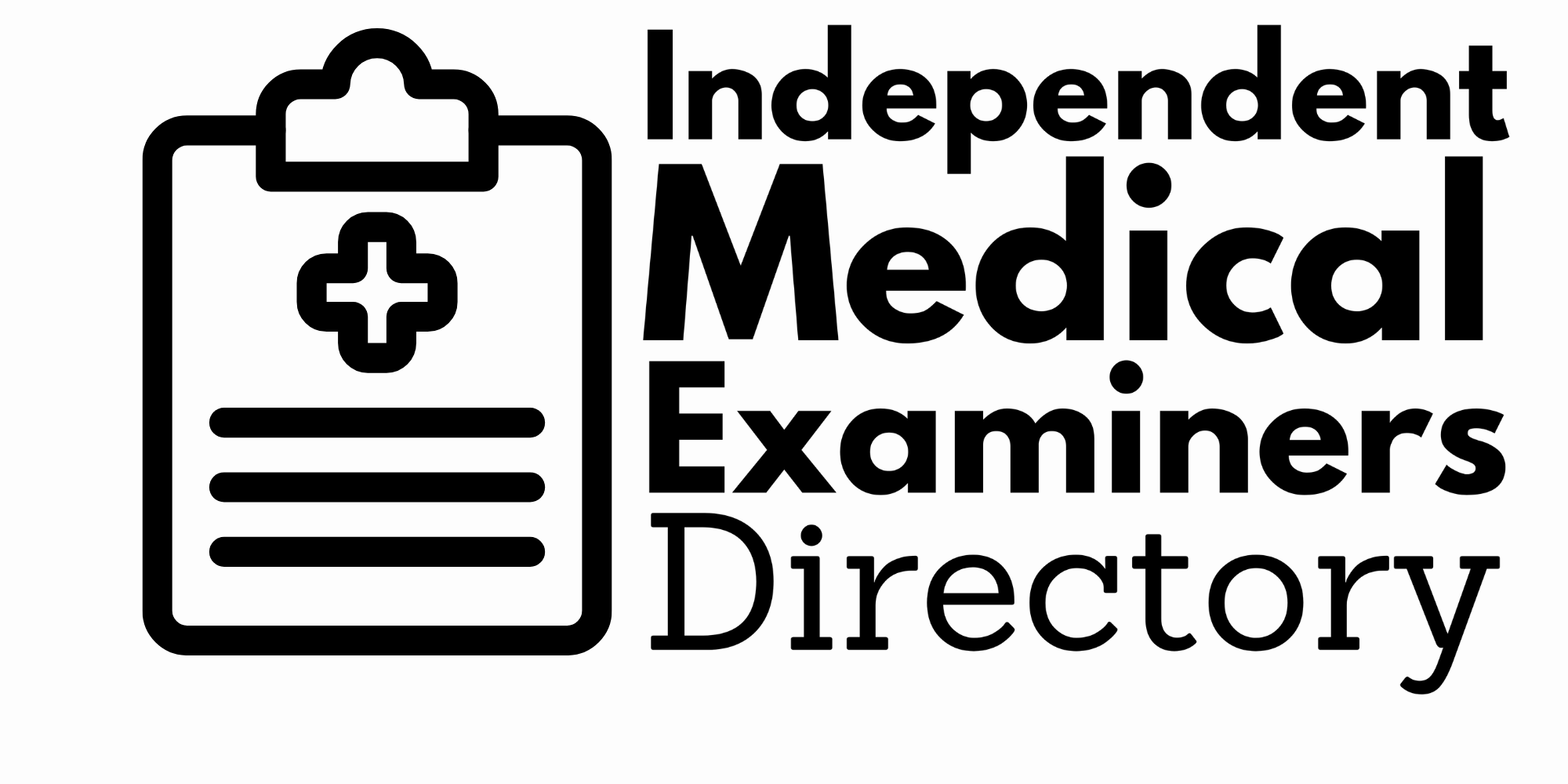Choosing the wrong medical expert can cost you credibility, weaken your case, and waste valuable time and money. Here are some of the most common hiring mistakes—and how to avoid them.
1. Waiting Too Long to Retain an Expert
Good experts book up fast, especially in high-demand specialties. Delaying retention can mean:
Limited availability for critical deadlines.
Rushed reviews and reports.
Less time to shape discovery strategy.
Avoid it: Start your search as soon as you know specialized medical testimony will be needed.
2. Picking the Wrong Specialty
It’s not enough to hire “a doctor.” If the case involves a pediatric brain injury, a general neurologist may not be as persuasive as a pediatric neurologist with NICU experience.
Avoid it: Match the expert’s subspecialty and recent clinical work to the facts in dispute.
3. Overlooking Forensic Experience
Some highly qualified clinicians struggle in depositions or on the stand. Without experience in the legal arena, even top physicians can:
Use jargon jurors can’t follow.
Miss key disclosure requirements.
Appear defensive under cross-examination.
Avoid it: Review testimony history and ask about prior court experience.
4. Ignoring Conflicts of Interest
An undisclosed connection to a party, provider, or insurer can derail your case midstream.
Avoid it: Ask directly about prior work, relationships, and financial ties—and confirm through independent checks when possible.
5. Not Reviewing Past Opinions
Experts leave a paper trail. Opposing counsel will search for prior testimony, publications, and presentations that could be used for impeachment.
Avoid it: Compare current opinions to past statements and be prepared to address any differences.
6. Failing to Define the Scope Clearly
Without clear boundaries, experts may wander into areas outside their expertise—or fail to cover essential points.
Avoid it: Use a written engagement letter that defines the assignment, deadlines, and deliverables.
7. Overlooking Communication Skills
A brilliant clinician who can’t explain complex concepts simply will lose the jury’s attention.
Avoid it: Ask the expert to explain part of their opinion in layman’s terms before hiring.
8. Choosing Solely on Price
While budget matters, the cheapest expert may cost more in the long run if their opinions are excluded or ineffective.
Avoid it: Weigh cost against experience, credibility, and fit for your case.
9. Not Checking Availability for Key Dates
Even the best expert is useless if they can’t attend deposition or trial when needed.
Avoid it: Confirm availability for all critical dates before signing an engagement.
Bottom line: The right medical expert strengthens your case from day one; the wrong one can sink it before you reach the courtroom. Careful vetting, clear communication, and early action are your best safeguards.
